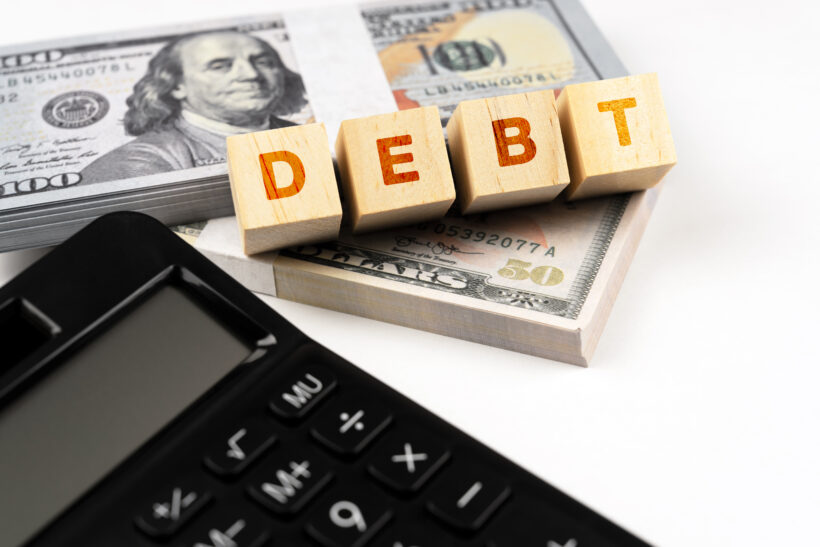Introduction
Debt can be a heavy burden to carry, but creating a budget to repay it can provide a clear path towards financial freedom. Whether you’re dealing with credit card debt, student loans, or other financial obligations, a well-structured budget can help you regain control of your finances. In this article, we’ll walk you through the steps to create a budget tailored to your specific debt repayment goals.
- Assess Your Current Financial Situation
Before you can create an effective budget, you need to have a clear understanding of your current financial situation. Start by listing all of your sources of income, including your salary, any side hustle income, and any other sources of revenue. Next, list out all of your monthly expenses, including fixed costs like rent or mortgage, utilities, insurance, and groceries, as well as discretionary spending like dining out, entertainment, and hobbies.
- Identify and Prioritize Your Debts
Make a comprehensive list of all your outstanding debts, including the total amount owed, interest rates, and minimum monthly payments. This might include credit card balances, student loans, car loans, and any other loans you have. Once you have this information, prioritize your debts based on factors like interest rates, outstanding balances, and any immediate consequences for non-payment.
- Set Realistic Debt Repayment Goals
Establish specific, measurable, and realistic goals for paying down your debts. This could involve setting a target monthly payment for each debt, or aiming to pay off a certain percentage of your total debt within a specified timeframe. Remember, it’s crucial to be realistic about what you can afford to pay while still covering your essential living expenses.
- Allocate Funds for Emergency Savings
While it might seem counterintuitive to save while you’re focused on debt repayment, having an emergency fund is crucial. It can prevent you from taking on more debt in case of unexpected expenses. Aim to save at least three to six months’ worth of living expenses.
- Create a Detailed Budget
Based on your income and expenses, create a detailed monthly budget that allocates a portion of your income towards debt repayment. This budget should include categories for essential expenses (like housing, utilities, and groceries), discretionary spending (like entertainment and dining out), savings, and of course, debt repayment.
- Consider Debt Repayment Strategies
Explore various debt repayment strategies, such as the debt snowball or debt avalanche method. The snowball method involves paying off the smallest debts first, while the avalanche method focuses on tackling high-interest debts first. Choose the strategy that aligns best with your financial situation and personal preferences.
- Monitor and Adjust Your Budget Regularly
Review your budget regularly to track your progress and make necessary adjustments. Life circumstances and financial situations can change, so it’s important to adapt your budget accordingly. If you receive a windfall, consider putting a portion of it towards accelerating your debt repayment.
Conclusion
Creating a budget to repay your debt is a crucial step towards achieving financial freedom. By assessing your current financial situation, setting realistic goals, prioritizing debts, and creating a detailed budget, you can take control of your finances and work towards a debt-free future. Remember, consistency and discipline are key, so stay committed to your budget and watch your debt shrink over time.
Disclaimer: This article is provided for informational purposes only and does not constitute financial, investment, or legal advice. The author and publisher are not responsible for any decisions made based on the information provided. Readers are advised to seek professional advice for their specific circumstances. Any reliance on the information in this article is at the reader’s own risk.
To read more, click here
Thank You For Reading, feel free to ask any questions in the comment section below.
Follow us on Social Media Platforms,
Click Here: Instagram, Facebook, YouTube, and Twitter
Stay Informed, Stay Responsible with My Finance World!










